#Old Dictionary
Explore tagged Tumblr posts
Text
various pictures and handwritten notes from the 1890s websters primary school dictionary

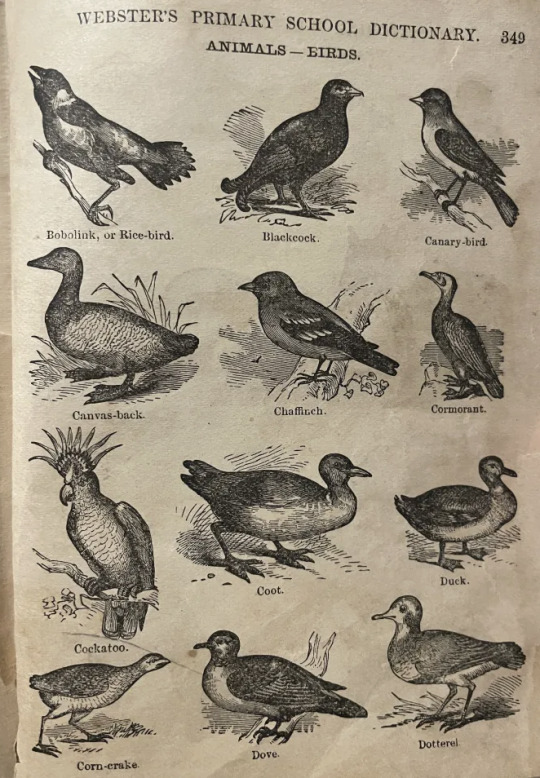
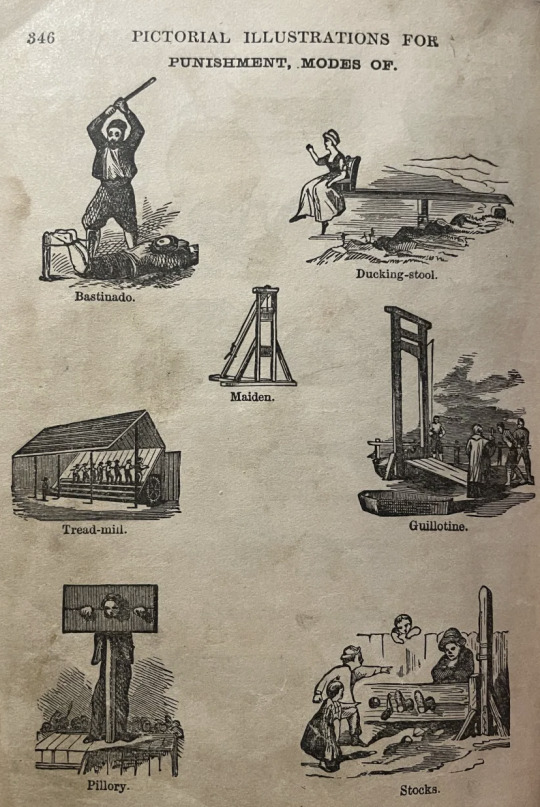


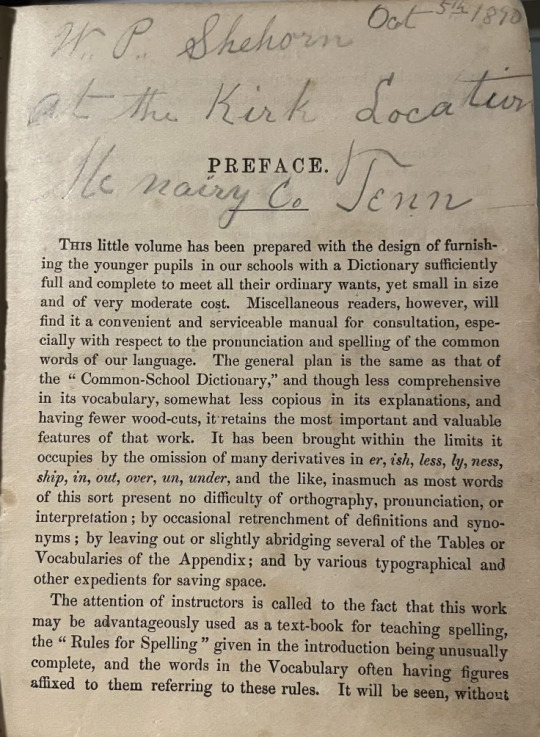
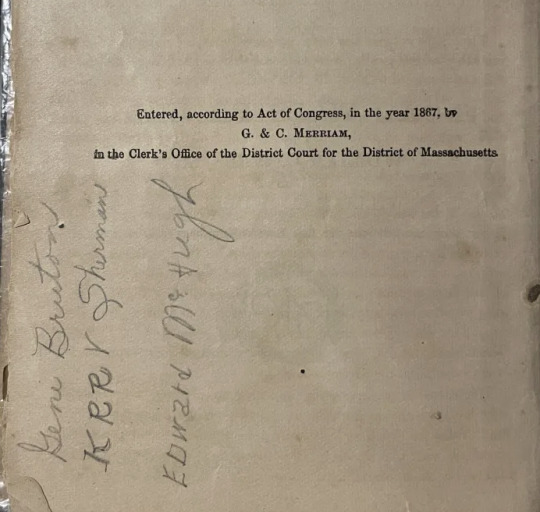
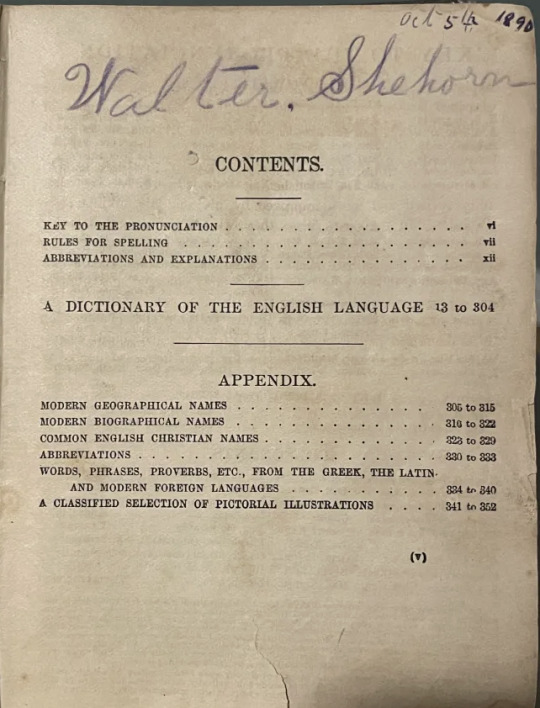
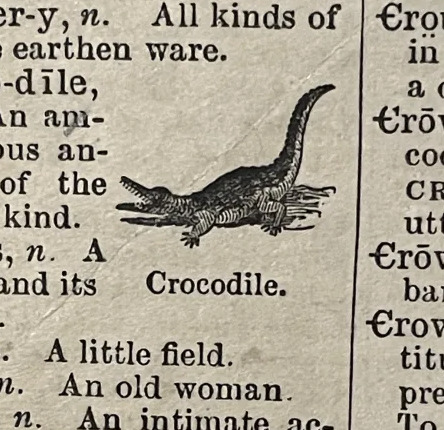



#i thought it was 1897 but one of the notes says october 5th 1890 so. not sure! but it was for sure in the 1890s at the latest which is#really cool#old books#antique#antique book#antique dictionary#old dictionary#i love the unicorn so much
14 notes
·
View notes
Text
Excavating a Language at the End of the World
How an Old Dictionary is Revealing New Perspectives on an Indigenous Culture.
— By Katarina Zimmer | July 31, 2024

Image: Shutterstock
Deep in the southern hemisphere, where frigid waves lap against the toe of the South American continent, the sea has no single name. Locals have called it tāralömbi when the water is perfectly calm. Čilamaii are the swells that gather along the coast, mötālömön is the roughening of the water by western breezes. Döna is the term when certain winds ruffle the ocean’s surface in such a way that the movement of fish underneath cannot be discerned and canoes must return ashore.
The Indigenous Yaghan people who have spoken these words are native to Tierra del Fuego—the mosaic of islands, fjords, channels, bays, and coves created by the submerged foot of the Andean mountains in southern Argentina and Chile. The Yaghan and their ancestors are thought to have persisted in this harsh, windy, and cold seascape for thousands of years. There, they have built canoes, from which they hunted sea lions and seals with harpoons. They have caught fish, gathered mussels, made ornaments, and celebrated rites of passage. They have roamed far and wide.
The last truly native speaker of Yaghan, Cristina Calderón, died in 2022. Up to a few hundred members of the group are still alive today—including Calderón’s granddaughter Cristina Zárraga and others who are working to revitalize the language; Yaghan is classified as “dormant” by the Endangered Languages Project.
Dictionaries, it turns out, can be excavated for rich information missing from the archeological record.
Although archaeologists have long been fascinated by the deep history of this seafaring, nomadic people, many of the physical remains their ancestors left behind have been lost to time. Fortunately, they have also left clues in the Yaghan language.
The Yaghan words for the sea were exhumed from a 19th-century Yaghan-English dictionary compiled in the late 1800s by an Anglican missionary. In a recent paper in the International Journal of Historical Archaeology, a team of Norwegian scholars argue that studying this historical snapshot of Yaghan could yield important clues about these people’s lives over the centuries. The same approach could be used for potentially hundreds of other languages, dead, alive, or dormant, across the globe to better understand old ways of life, ancient ecologies, and humans’ connection to the landscape.
Dictionaries, Such As The One Created For The Yaghan Language, It Turns Out, Can Be Excavated For Rich and Nuanced Information Missing From The Physical Archeological Record.
“You could think about language in a similar way as we think about the archaeological sites in a landscape,” says the lead author of the new research, archaeologist Jo Sindre Eidshaug of the Norwegian University of Science and Technology’s Marine Ventures project, an international archaeological research effort. Eidshaug views language as something that “settles” a landscape just like physical artifacts, as people develop knowledge and vocabulary in places where they spent most of their time.
“This kind of research gives us a new tool to understand some [questions about] the life of these people in the past,” adds Angélica Tivoli, an archaeologist at the Austral Center for Scientific Research of the National Scientific and Technical Research Council in Ushuaia, Argentina, who wasn’t involved in the new work.
Today, while language revitalization efforts of Zárraga and others are underway, little Yaghan is currently spoken in Tierra del Fuego. The Yaghan culture and language underwent a devastating decline after Europeans arrived. In the 1880s, about 90 percent of the Yaghan people died from infectious diseases Europeans brought. The decline continued into the 20th century, when many Yaghans continued to die prematurely and faced discrimination for speaking the language. Today’s Yaghan people still fashion traditional harpoon points of whale bone and weave baskets, nowadays mostly to sell to tourists, but they can no longer canoe or boat freely due to restrictions by the Chilean Navy.
Thomas Bridges, who constructed the dictionary, first met the Yaghans as a teenager in 1856 and later lived with them for 30 years. Carefully documenting their language and culture helped Bridges to translate the Gospel of Luke into Yaghan, as part of Anglican missionary tradition to make the Bible accessible in local languages. But while a complete Yaghan Bible may never have come to fruition, Bridges’ dictionary includes about 32,000 words. “That level of detail he was documenting—it’s so beautiful,” says Oxford University ornithologist Andrew Gosler, research director of the Ethno-Ornithology World Atlas which collects Indigenous knowledge on birds. “To be able to document that kind of detail,” he says, demonstrates a closeness with the native speakers.

Grandmother Tongue: Cristina Calderón, pictured here, was the last known truly native speaker of Yaghan. She died in 2022, but her granddaughter Cristina Zárraga and others are working to revitalize the language. Historical perspectives, like that from the newly analyzed dictionary, help enrich contemporary understanding of the culture’s deep history—and connection with the landscape of Tierra del Fuego. Photo By: Víctor Alejandro Correa Rueda/Wikimedia Commons
Because Bridges was merely striving to record the Yaghan vocabulary as comprehensively as possible, his dictionary may be less colored by prejudices and personal agendas than ethnographic reports of the Yaghan by other missionaries and travelers, Eidshaug says. But still, the dictionary is limited in the kinds of questions about the past it can answer. Languages change over time, so it’s unlikely, for example, to shed light on deep archeological questions, such as the origins of the first marine hunter-gatherers in Tierra del Fuego some 7,000 years ago. Or to necessarily give a full picture of the richness and breadth of Yaghan life.
In other places, like Australia, male linguists have been historically more likely to ask men than women about their practices, documenting little on activities traditionally carried out by women, notes linguist Luisa Miceli of the University of Western Australia. Bridges also mostly worked with only one Yaghan couple—Okokko and Camilenna—to understand the language, possibly limiting his view of the communities’ activities as a whole, Gosler says. And, many concepts in Yaghan are so specific to culture and place that they’re hard, if not impossible, to fully encapsulate in other languages, adds Zárraga, who learned the language as an adult from her grandmother.
But the dictionary might have encoded detailed knowledge about the kinds of resources, practices, and deep environmental understanding that were assembled over hundreds or thousands of years in Tierra del Fuego, much of which hasn’t been preserved in the archeological record. “The kind of environmental knowledge that is picked up in this language has an antiquity to it,” Eidshaug says.
Most Physical Traces of Yaghan Culture, Like Any Remnants of Foraged Feasts, Were Lost To Time.
Wherever they went, Yaghans accumulated knowledge and vocabulary about their environment—the climate, the sea and its inhabitants, the coastline, the beach, and the forested hinterlands of Tierra del Fuego. Archaeological studies have mostly focused on shell middens along the coast—ring-shaped piles of shells that were discarded around dwellings—where animal bones and bone tools were preserved thanks to the alkaline chemistry of the shells.
The dictionary catalogs commonly hunted and foraged foods that don’t preserve—fast-degrading things like crab shells, berries, and fungi—in line with some ethnographic reports. Eidshaug counted 48 Yaghan terms for local fungi, many that describe their ripening in rich detail. For example, auačix, the round yellow summer fungus that grows on the šöšči tree: čikidönara describes immature fungi; pöša the second stage just before the fungus opens in holes and gets puffy; and dönara is when they are fully ripe, shortly after falling from the trees.
Most physical traces of the central vehicle of Yaghan culture, the bark canoe, like any remnants of auačix feasts, were also lost to time. Yet the dictionary describes in detail the resources and strategies involved in canoe-making. Bark is cut from the šöšči tree, and wood fiber called uri is used for sewing. Hūšun—seed stalks of wild celery—are sewn as pads into the seams to make them waterproof. Tstāgi soil is used to cement the seams. Tatega—pieces of young smooth bark—are attached to the canoe’s upper edges to protect paddlers from blisters. Through words like these, “we get a broader picture of the material culture,” Eidshaug says.

By Any Other Name: While trying to better understand the Yaghan language and culture—in order to craft translated Bible verse—a 19th-century Anglican missionary ended up creating a detailed map of the Indigenous group’s local knowledge and worldviews within his handwritten dictionary. Here, he documented the many Yaghan words for funguses. Credit: Yahgan Dictionary, 1865, hosted on Patagonia Bookshelf.
The dictionary also offers a window into some of the intangibles of Yaghan culture and worldview. Some entries pertain to rituals, such as kīna, an initiation ceremony for boys aged 12 to 17. The Yaghan word “to go” is often combined with prefixes to indicate direction; some denote the cardinal directions like north and south, but others indicate “toward land” or “away from shore,” illustrating how people mentally divided their landscape. Other entries explain how Yaghans kept time according to the seasonal changes in nature around them. Čgaiaŋgūta is the season for ripe auačix fungus. Čīyāgörana is the season when šöšči tree bark loosens, hākūa for making spring canoes. Iūan is the time when older crabs carry the younger ones, čīiūaiella the time after they’ve separated.
Information buried in the dictionary might also help interpret the physical archeological record. In the dictionary, for instance, Uštānim is described as a porpoise jaw used as a comb. Isöska is the lower jaw bone of a whale used as spear bones. Dictionary entries of this type could help archaeologists make sense of a hodgepodge of bones found underneath shell middens, and perhaps provide important context to certain tools, Tivoli says. “Maybe it’s a way of calling our attention to look deeper into the archaeological record,” she says.
Many nouns describe local animals, which represent a third of the dictionary. The wealth of different terms for certain animals—such as for shellfish—may reflect a recent increase in their importance as a resource relative to other creatures.
This new, linguistic approach to uncovering more about a long-lived culture as described in Eidshaug’s paper is quite valuable, says archaeologist Flavia Morello of Chile’s Institute of Patagonia and the Cape Horn International Center, both part of the University of Magallanes. It shows how dictionaries can act as gateways to unique cultures and in doing so help foster a deeper societal appreciation for cultural diversity and the kinds of relationships humans can cultivate with landscapes. “It’s very inspiring as a paper,” she says.
Archaeologists elsewhere are increasingly interested in leveraging language in similar ways. Miceli and her colleagues recently published a pilot study to explore what kind of information they could glean—from dictionaries of 10 Aboriginal languages in Australia—about domestic fire use, and whether this could be useful in guiding archaeologists in excavating sites, Miceli says. Past collaborations between archaeologists and linguists have often centered on answering questions about the likely homeland of ancestral languages, and how and why they spread, rather than using vocabulary to help with archaeological excavations. “That, I think, is quite new,” Miceli says.

Watertight Insights: Many of the physical artifacts of the Yaghan people—whose ancestors have occupied Tierra del Fuego likely for thousands of years—have been lost to time and harsh weather. By digging through the 19th-century dictionary, scholars were able to learn more about the details of how people once made the canoes that plied the area’s waters. Photo courtesy of Springer Link.
Eidshaug and his colleagues also applied this same proof of concept to a dictionary of Norwegian as it was spoken among coastal fisher-farmers and other people in the area in the 1840s. And there are many more old dictionaries of languages waiting to be excavated from archive shelves.
In the case of the Yaghan, the hope is that such investigations not only answer archaeological curiosities but also help the living communities engage more deeply with their past. “We’ve connected several times with archaeologists who study artifacts and middens, and it has always been an interesting topic for us Yaghans,” says Zárraga, who spoke with me through an interpreter from her native Spanish language.
Zárraga spent a decade living with her grandmother, learning Yaghan practices, values, and language—and about her grandmother’s experience as the culture around her eroded. “It was … very pure cultural knowledge that my grandmother had, through the language,” Zárraga recalls. She is working to carry this ancestral knowledge forward in time. She’s already written two educational books on the Yaghan language and has plans for a Yaghan-Spanish dictionary. Eidshaug, meanwhile, has digitized Bridges’ dictionary to make it more easily accessible.
Though media reports often described her grandmother as the last Yaghan speaker, Zárraga hopes her efforts will ensure that the language and its embedded information will not molder in archives, and that the unique culture it described won’t go the same way. “That’s why it’s very, very important, all of these things that my grandma gave me,” she says. “So we are not the last ones.”
— Katarina Zimmer is a Science and Environment Journalist Currently Based in Germany.
#Nautilus#Excavation#Language#Farthest Part of the World 🌎#Old Dictionary#Revelation#New Perspective#Indigenous Culture#Yaghan Language#Rich | Nuanced | Information#Physical Archeological#Yaghan Culture#Remnants of Foraged Feasts
1 note
·
View note
Text
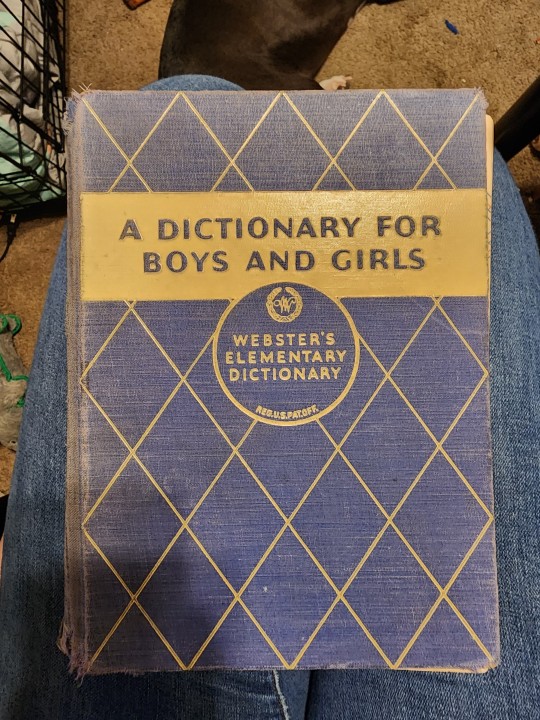


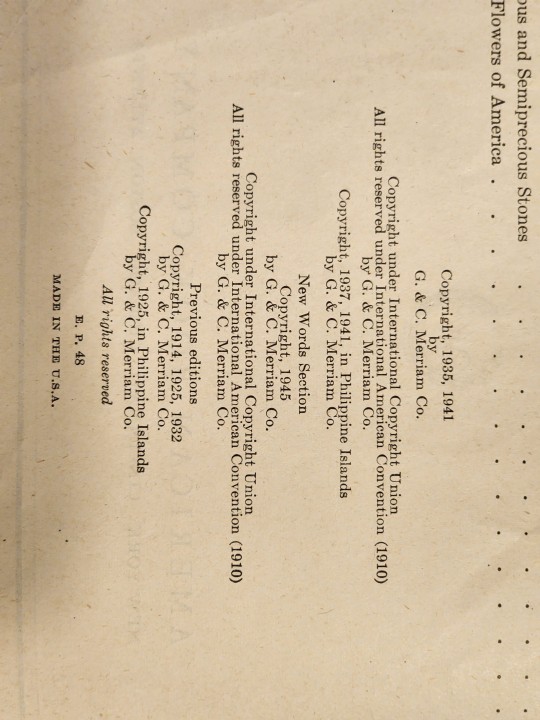
Yoooo just found my old dictionary that I used to use back in grade school. Pretty sure it belonged to my mom and was handed down to me to use when we started needed to look up things in school.
Also I'm in my mid 20's btwwwwww I ain't that old
1 note
·
View note
Text



𝐁𝐞𝐢𝐧𝐠 𝐛𝐨𝐧𝐝𝐞𝐝 𝐭𝐨 𝐁𝐚𝐥𝐞𝐫𝐢𝐨𝐧 𝐰𝐨𝐮𝐥𝐝 𝐢𝐧𝐜𝐥𝐮𝐝𝐞
From this poll, this series is born!
a/n: this is changing the dragons from not just mount, but to being able to shift into a human-like form at will...
𝑺𝑭𝑾🌿
・The dragons Westeros once known (and barely understood anyway)...had started to evolve. Where once were leathery wings and two clawed legs, now stood a man. A giant of a man truly, with eyes that could pierce the soul.
・Had this been what everyone else experienced? You couldn't ask - not now, as he had flown you to a secluded patch of land, far from King's Landing ... or any kind of civilisation.
・You didn't know how to react when the transformation was complete and Balerion found a tree, and sat down against it.
・You were INCREDULOUS! Unable to look at the naked man before you; this was not how the bond was supposed to work??
"Nyke ȳdra daor pendagon ao sagon supposed naejot gaomagon bona." (I don't think you're supposed to do that…) You hissed to Balerion.
"Skorkydoso would ao gīmigon skoros nyke se am daor supposed naejot gaomagon?" (How would you know what I am and am not supposed to do?)
・You nearly screeched... Fluent in High Valyrian! He can speak and he is FLUENT!
・Your nose flared as you swung to look at him.
・That day you learnt a great deal of things. Among them was the fact that he knew the common tongue as well, was practically always hungry, and the most important thing ... you still had to wrap your head around...
・That the bond you have with Balerion isn't just rider & and mount. It's a soulbond.
・This was how they kept dragons in Valyria; through blood magic they made them human. They could stay in either form whenever they wished.
・But it also meant every few years, whoever was the dragon's rider - was also their mate. As in ... romantic mate.
・"Yn, nyke going naejot sagon married?" (But, I'm going to be married?)
"Ao emagon issare chosen hae ñuhon." (You have been chosen as mine.)
"Ondoso qilōni!" (By who!)
"Nyke iderēptan ao." (I chose you.)
・Only those that had been chosen know about this.
・It took you a while to fully come to terms with the fact that more dragons depended on your bond with Balerion.
・He gave you space.
・But only for three days.
・Then he came waltzing through your door, and took a seat in front of the fireplace. His long legs stretching, large thick arms spread against the seat's frame.
・You had been fretting in your bed, unable to sleep, only thinking and thinking. Anxiety getting the best of you.
"Come sit by the fire," he said. Balerion's voice was gravelly, at times forced - the shift still not fully easy after all these years.
"You said you would give me time to think!" You huffed into your pillow.
"I have given you time. But I wish to be with my mate. Now come."
・You rolled your eyes, flung the blanket back and grabbed your pillow. Pressing it to your chest, you skulked over to the maroon coloured seat.
・Your breath was taken straight from your body as you saw him.
・With the fireplace the only source of light, Balerion looked both an angel and a demon.
・Horns protruded from his head, the same shape as when he was a scaled beast. His red eyes found you, thick lashes blinking slowly. Tanned, olive skin seemed to gleam in the firelight.
・Balerion seemed to have hundreds of scars, but it only added to his ruggedness.
・You moved forward and sat near him, the pillow used as a barrier between you two.
・You hadn't noticed the pointed ears, or the small braids in his long hair.
・But as you looked upon him, Balerion was doing the same to you.
・He lifted his large scarred hand and held it against your cheek.
"My mate."
𝑹𝒆𝒍𝒂𝒕𝒊𝒐𝒏𝒔𝒉𝒊𝒑 𝑻𝒓𝒐𝒑𝒆𝒔
Soft for exactly one person (Balerion) x Is that one person (You)
"I've made a calculated decision." (Balerion) x "Wait, you can do maths?" (You)
Overly arrogant and flirtacious (Balerion) x Pretends To Be Unfazed, But Is Dying On The Inside (You)
You Can't Do That! (You) x And Why Not? (Balerion)
𝑹𝒐𝒎𝒂𝒏𝒕𝒊𝒄 𝑷𝒍𝒐𝒕 𝑻𝒓𝒐𝒑𝒆
Intertwined Destinies
Defying Expectations
Bickering and Banter
𝑻𝒉𝒆𝒎𝒆 𝑺𝒐𝒏𝒈
Me and the Devil by Soap&Skin
Test Drive by John Powell
Into My Arms by the Midnite String Quartet
#witchthewriter#headcanons#house of the dragon#balerion#balerion the black dread#balerion x reader#balerion the black dread x reader#dragons#dragon directory#dragon dictionary#house targaryen#old valyria#dragon rider#hotd headcanons#game of thrones#asoiaf#asoiaf headcanons#asoiaf x reader#dragon x reader#dragon x human#monster romance#monster boyfriend#monster x human#monster x reader#fantasy creature#george rr martin#vhagar#meraxes#aegon the conqueror#rhaenys the conqueror
445 notes
·
View notes
Text
That moment when you have to completely stop using Google docs for your writing because the AI spellchecker is actively, insistently wrong, when it catches things at all
Anyway here's me crawling back to LibreOffice and Scrivener like the disloyal hussy I am
#I was getting sick of Firefox's spell checker being my primary source for reliable edits#Google your AI really needs to have a basic dictionary check built in#or just a dictionary check with no AI that was significantly better can we go back to that#old people were right technology really is getting worse#do I need to invest in a cane to shake at tech firms?#so HELP me if my cane tries to connect to wifi
506 notes
·
View notes
Text
i do firmly believe that clark texts Like That. like he uses perfect grammar and usually good punctuation and spelling too. but he also uses smileys Exclusively with noses. :-) and :-(. maybe even a :~) if he's feeling silly. no one knows if he just thinks they look better that way or if he secretly gets a kick out of making kon and nat both go "stop itttt that's so uncool big blue!!!!" every time he posts a tweet/texts them.
#rimi talks#it's definitely the latter btw . he thinks it's hilarious and also this is payback for them constantly using slang he has to look up#theyre the reason he has a shortcut to urban dictionary on his phone now.#kon and nat are badger badger badger badger mushroom era. they definitely had a charlie the unicorn phase.#on the other hand the day jon learned the word skibidi clark just had to sit there and put his face in his hands for a minute#he's fine he rolls with it it's no big deal but it did make him go ''oh god i'm getting old''#clark#kon#nat#superfam
143 notes
·
View notes
Text
The Enchanted Learning Astronomy Dictionary

link
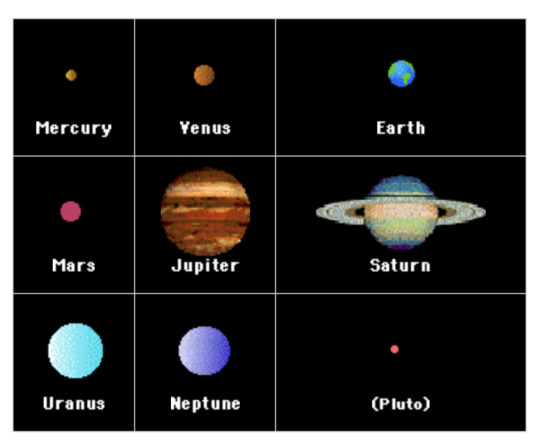


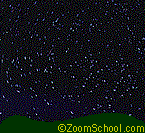
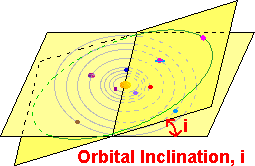

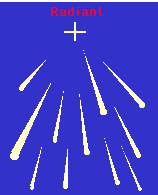

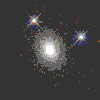
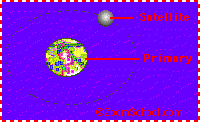




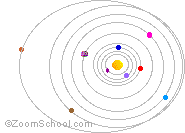







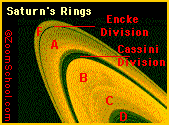
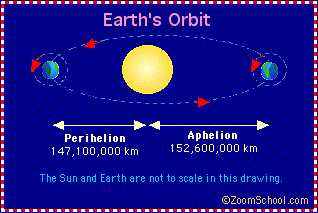
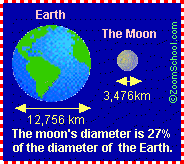


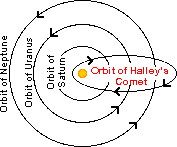

Some of the spectacular images from the Enchanted Learning astronomy dictionary.
#space#Enchanted Learning Websites#satellites#planets#star aesthetic#space aesthetic#old websites#kidcore#cosmos#outer space#pixel art#pixel icons#stars#the galaxy#pixel aesthetic#the solar system#17776#17776 football#what football will look like in the future#old website#old internet aesthetic#old internet#webcore#dictionary#nostalgia#links#nasa#Space exploration#astronomy#1999
247 notes
·
View notes
Text
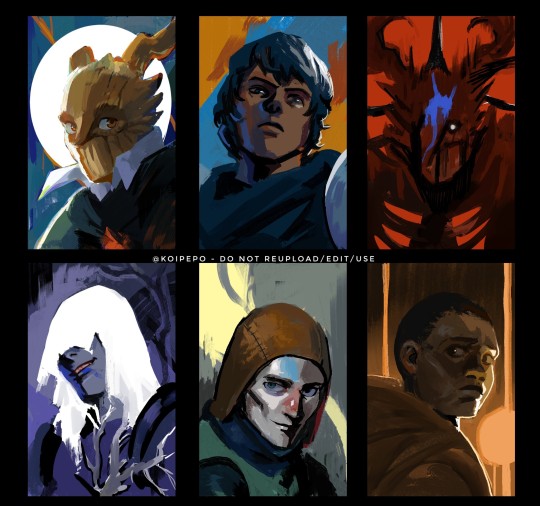
My ocs in disco elysium style.
Been playing it for a bit and i thoroughly enjoy it so far, especially the presentation
#had to have english dictionary and politics wiki by my side tho#my art#original#original character#oc#Woodkid#solon#old creak#ilya#viper#and the new one whom i havent thought of yet
31 notes
·
View notes
Text
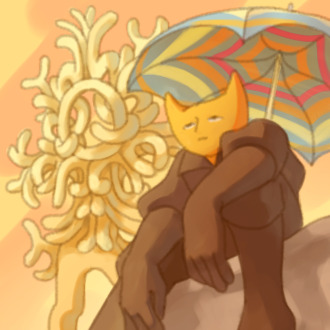
what have we become?
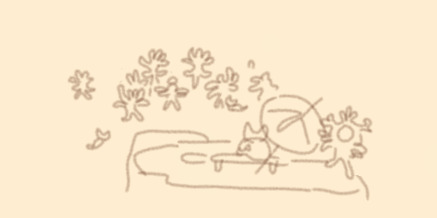
#rip old man wayne o7 we will remember this guy- oh hold on a second hes alive nvm#idk why but i thought old wayne was immune to spell but today i went and checked personally and i was like aw :c#also dude this perspective on the umbrella kicked my butt xD it was the definition of STRUGGLE! add this picture to the dictionary#i dont wanna linger on this for too long otherwise i will continue tweaking till the end of time so here yall go 🤲🏼#hylics#hylics 2#wayne hylics#old wayne#artstump#my stomach is twisting for the first time in months ough the dinner meal was not friendly AT ALL 🙈🙈🙈#upd thank gosh the air outside is nice! 💀💀💀
211 notes
·
View notes
Text
fic idea I might write later: husk and alastor are collectively old men who don't understand the weird ass shit angel says-
#hazbin hotel husk#husk is an old man c'mon guys#alastor x urban dictionary#angel will be a little shit#fanfic ideas#huskerdust#radiohusk#sorta???#fanfic prompt#hazbin fic ideas
24 notes
·
View notes
Text
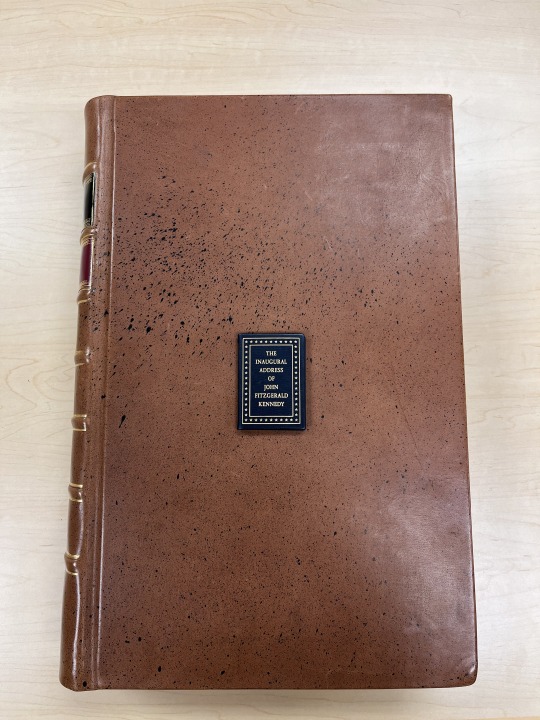


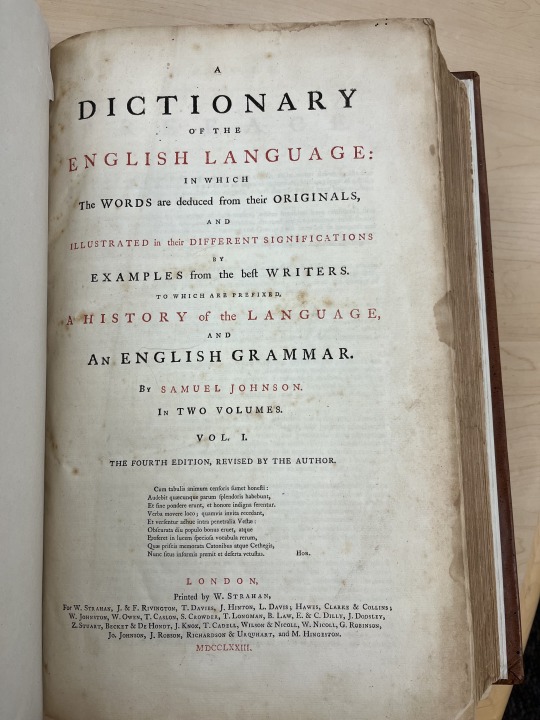

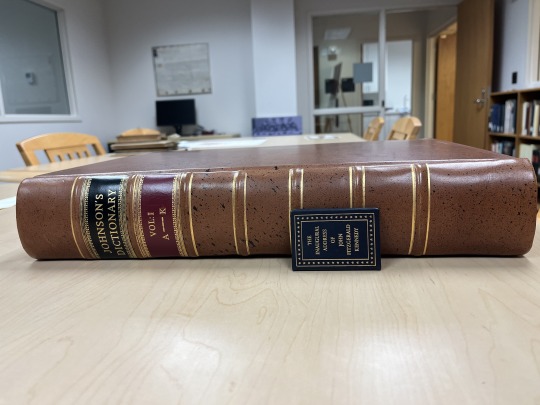
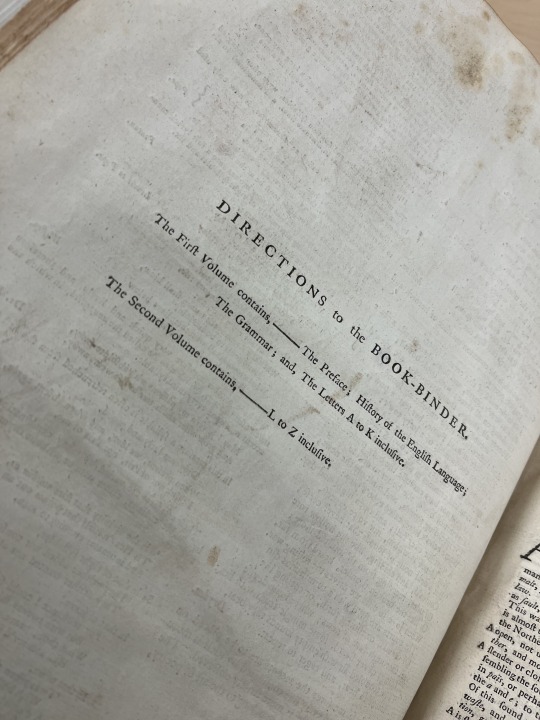
Happy Solar Eclipse day! 🌑🌒🌞
Here is our copy of the 4th edition, volume 1, of Samuel Johnson's A Dictionary of the English Language (1773) and Johnson's definitions of "eclipse" and "ecliptick." This is one of our larger books, which is especially evident next to our smallest book (The Inaugural Address of John Fitzgerald Kennedy).
ECLI'PSE. n.
1. An obscuration of the luminaries of heaven; the sun is eclipsed by the intervention of the moon; the moon by the interposition of the earth. The word originally signifies departure from a place, to which Milton alludes.
2. Darkness; obscuration.
To ECLI'PSE v. a. [from the noun]
To darken a luminary.
To extinguish; to put out.
To cloud; to obscure.
To disgrace.
You might spot some words you don't know within eclipse's surrounding entries. A new one to me was "eclegma," "A form of medicine made by the incorporation of oils with syrups, and which is to be taken upon a liquorice stick."
#riesenfeld center#umn#university of minnesota law#university of minnesota law library#rare books#umn law#archives#special collections#law school#old books#dictionary#reference books#eclipse#solar eclipse#big books
43 notes
·
View notes
Text
me @ the book store: I need an English-to-French dictionary and an English-to-Arabic dictionary.
the attendant: have you tried Google Translate?
me: it's for fanfiction, and i'm too scared to upset people by doing it wrong.
the attendant: what fandom?
me: .....why?
the attendant: oh, I'm just reading HOTD aemond fics right now.
me: ah, not that one.
#pretty sure this is the same girl who sold me a day of fallen night last month and talked to me about destiel#i guess we are old enough to run bookstores now#my old english to french dictionary needs to be retired anyway#musings
16 notes
·
View notes
Text
Another word that has been misused for so long online that no longer seems to resonate with depth is PLATONIC. Many of you are using the word incorrectly, like synonymous of casual friends or something of the like when it is this:
pla•ton•ic/pləˈtɑnɪk, pleɪ-/adj.
Philosophy. Of or relating to a close relationship between two persons that lacks sexual involvement:platonic love.
WordReference Random House Unabridged Dictionary of American English © 2024
Pla•ton•ic (plə ton′ik, plā-),adj.
Philosophy of, pertaining to, or characteristic of Plato or his doctrines: the Platonic philosophy of ideal forms.
Philosophy pertaining to, involving, or characterized by Platonic love as a striving toward love of spiritual or ideal beauty.
Philosophy(usually l.c.) purely spiritual; free from sensual desire, esp. in a relationship between two persons of the opposite sex.
(usually l.c.) feeling or professing platonic love: he insisted that he was completely platonic in his admiration.
Greek Platōnikós, equivalent. to Platōn-, stem of Plátōn Plato + -ikos, -ic
Latin Platōnicus
1525–35
Pla•ton′i•cal•ly, adv.
Collins Concise English Dictionary © HarperCollins Publishers::
Platonic /pləˈtɒnɪk/adj
of or relating to Plato or his teachings
(often not capital) free from physical desire: Platonic love
As you see it comes from Plato philosophy, therefore it can be anything but shallow and simple. Please use it as it's meant, I cannot endure another of my favorite words losing depth like Romantic (from romanticism) was eviscerated.
#Language my beloved language#What will become of you?#;_;#Platonic#Is not that#Please refer to old dictionaries and ethimology before using and spreading a word#Also do not make assumptions based on context online#Would you?#Today in Posts only I care about:#This time sadly#Language my love being ripped apart uu
30 notes
·
View notes
Text
Jessica’s fate is a miniature of what's happening to all the children in this universe: victims of a previous generation’s imperial extraction while everyone assigns blame in the wrong direction. I think that’s intentional but, given that, I’m not sure what to make of how they use all those hoarded relics later in the series. Maybe I’ll have a clearer idea when I get there, although I feel like the politics get pretty muddled at the end of Ptolemy’s Gate also, so sometimes you just decide to set aside your themes for a cool set piece. I get it.
Anyway if Listener powers can overcome the language barrier I think Lucy should ask those people who they are so they can be returned. IDK how Lockwood's parents got all those artifacts, but I find it hard to believe people willingly handed over the literal souls of their relatives.
#if Listening *doesn't* cross the language barrier grab a few translation dictionaries and get to work#I think it must though. iirc Ezekiel predates modern English#I don't expect the *characters* to be super critical of his parents having a stash of brown people's bones#most 13 year olds are not writing callout posts about their dead parents replicating imperialist patterns#but I feel like the narrative is... except I'm not sure about how their utilization later gels with that#mgmlb#lockwood and co#oh did you think this was going to be all gender jokes today? think again
21 notes
·
View notes
Text

i bring you my medieval recreation of the crash fic (thanks to the bayeux tapestry website thingy)
#my credentials are that i have an english language and literature degree#pls don't fact check my old english too hard i spent way too long trying to get it somewhat okay using several websites and sources#shoutout to the bosworth-toller anglo-saxon dictionary for being unusable as always great job guys#sometimes you spend an hour looking up old english vocabulary and grammar rules for the silliest fandom joke ever and thats okay#joker out
53 notes
·
View notes
Text

the tumblr-what? going viral you mean? can we just celebrate another culturally impactful entry into the thrilling psychosexual gothic tradition? it's a big space
#saltburn#the talented mr. ripley#queer#lgbt#emerald fennell#psychosexual#thriller#gothic romance#tumbrification#[tumblr]#queer media#TTMR is miles better filmmaking i'll tell you that myself in less than 10secs but this isnt having quality standards#you'd rather your preferred title in the genre have the cultural impact/preeminence saltburn has had#she agrees it provides pleasure but her gatekeeping gripe is that 'in a couple of yrs saltburn would be old news'#'saltburned' is a whole verb now soon to be entered into the dictionary idk what to tell you but thats a cult classic in the making#im saying 40min snobbish dissertations chasing validation/clout are unnecessary#& frankly other content could use the space on my uchube timeline
35 notes
·
View notes